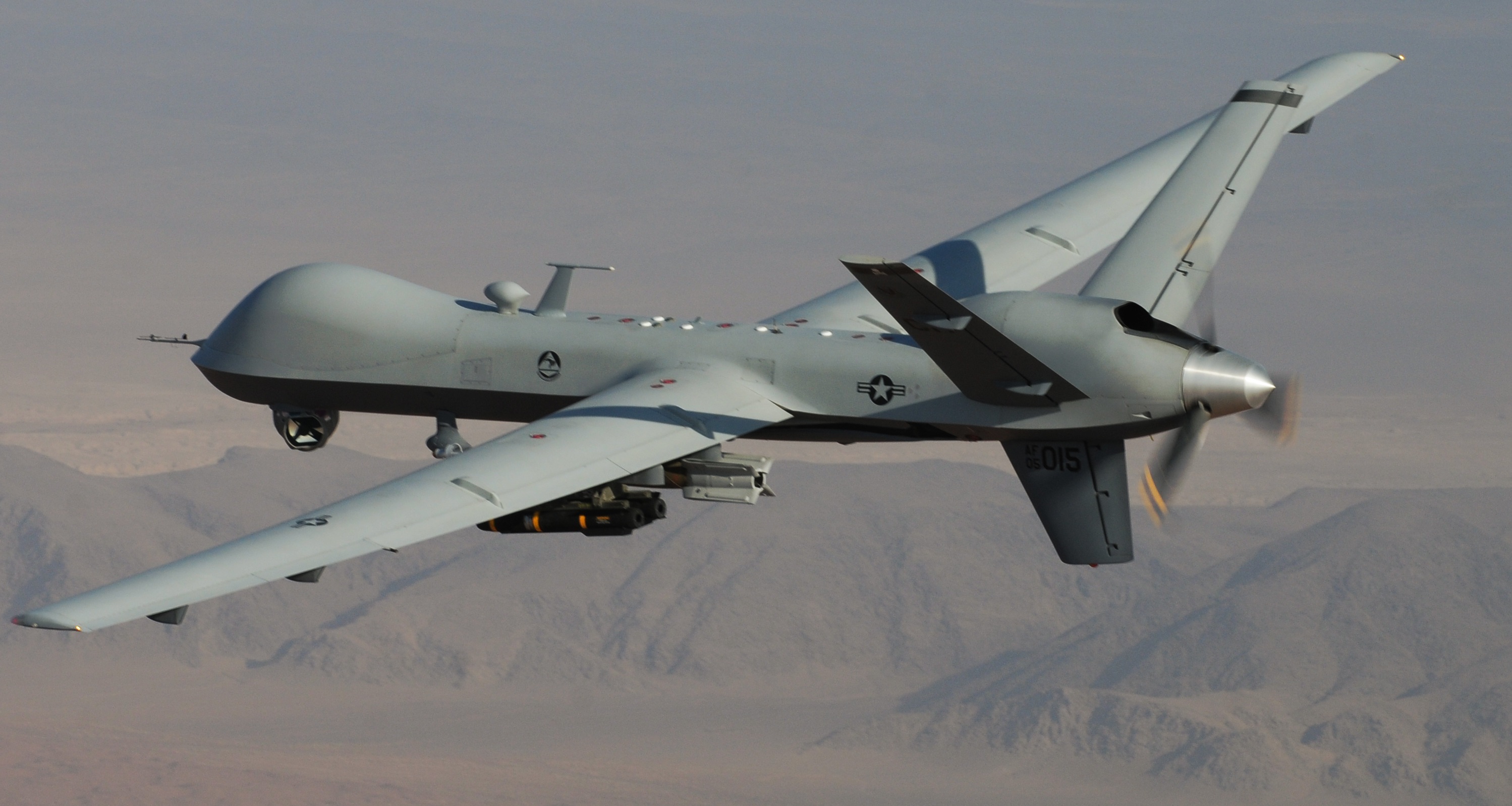
“The shortage of ISR (intelligence, surveillance, and reconnaissance) is not limited to Africa,” the senior Pentagon official for special operations and low-intensity conflict told a Senate subcommittee Tuesday. “The number of orbits is decreasing” in monitoring terrorist activities in all combatant commands.
Testifying at an open hearing of the Senate Armed Services Subcommittee on Emerging Threats and Capabilities, Michael Lumpkin said he sees an “expanding nature of threat” from the Islamic State in parts of Africa and Asia. He added the Islamic extremists now have “a safe haven in Libya.”
“The key is a lack of strong governance in the region [the Middle East and North Africa],” he said.
“Extremists will take advantage of that.”
“The speed with which the enemy can move” on the ground and in changing tactics requires “monitoring all the time.”
If sequestration returns in the coming fiscal year, ISR missions would be further cut back and that would increase the risk to special operations forces operating with partners and allies in the field, he said. “People are looking for certainty,” he noted—adding that a number of his programs also are paid for out of Overseas Contingency Operations funds.
Lumpkin said against the Islamic State in Iraq and Syria (ISIS or ISIL) the United States has conducted 10,000 hours of ISR operations since the mission began in the summer of 2014.
He cited working with the government of Chad as an example, reporting progress in “exerting significant pressure” on Boko Haram operating in a border region of Nigeria. Boko Haram has claimed an alliance with the Sunni-dominated Islamic State.
Lumpkin said he “was troubled by the Houthis”—a Shi’ia group—toppling the government of Yemen, taking over its capital and encircling the port of Aden. Their advance also caused the United States to remove its special operations forces from the country and cease operations being conducted against al Qaeda on the Arabian Peninsula.
When asked why an appropriation of $1.3 billion for counterterrorism operations from last year had not yet been spent, Lumpkin said he took control of those funds about a month ago. He added that $220 million had been obligated in that time and another $270 million would also soon be obligated.
“We want to make sure we are not just throwing money at the problem” without training the recipients on how equipment will be used and how it will be maintained.
Lumpkin said the command is working on its campaign plan “to fully synchronize its activities” to “level the bubble” for all the combatant commanders.
He said the partnership training programs around the world are a plus.
In times of political stress between nations, “military-to-military relations is kind of the glue” that can help resolve differences because participants have known each other over time. As an example, he cited his own experience training as a Navy SEAL and years later, in his position as assistant secretary, meeting men he trained with who by then held influential positions in their governments.





